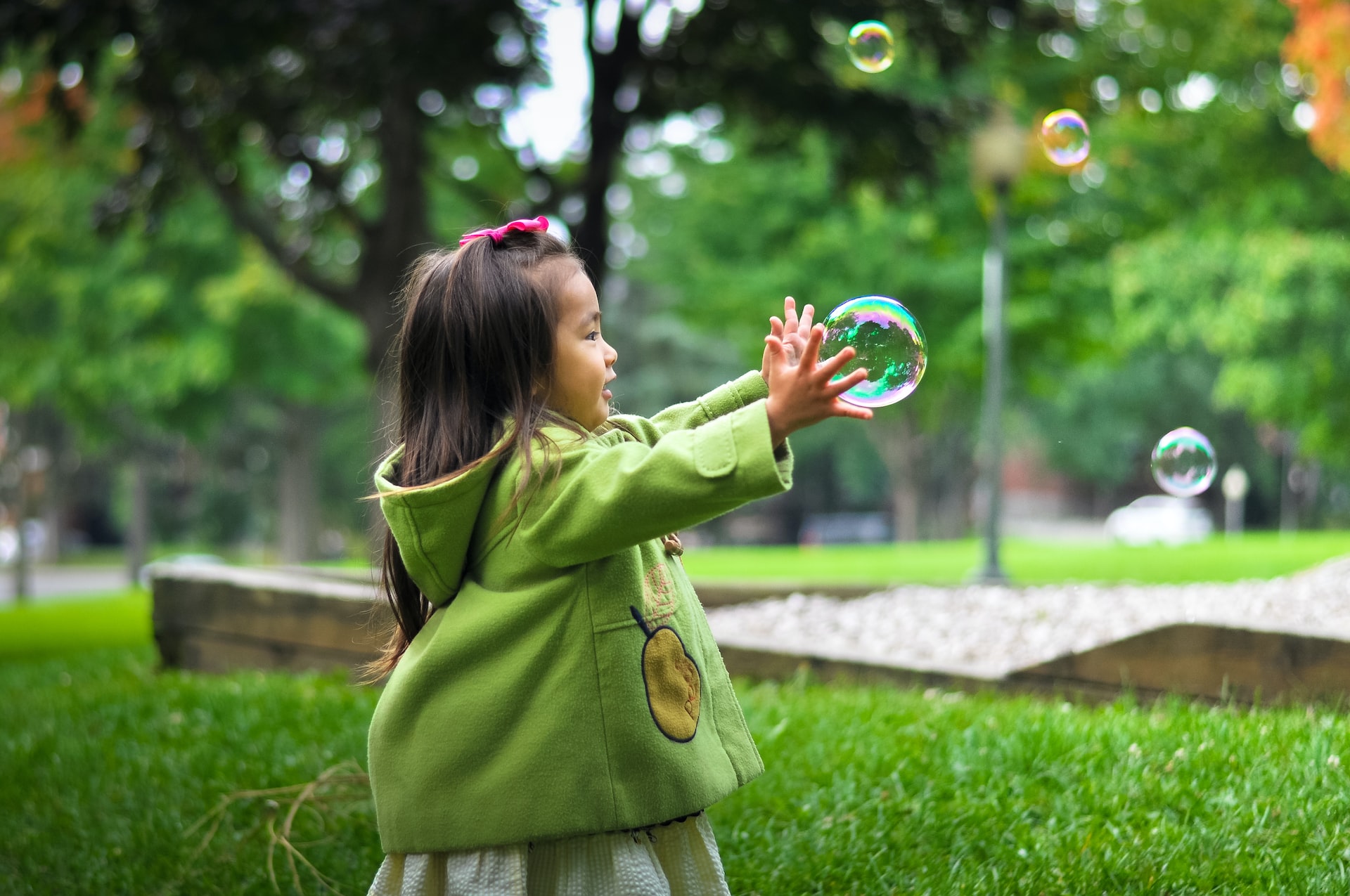Giving care to our children like at child care Severna Park MD is very important, and it’s essential to prioritize this responsibility. A critical way of prioritizing caring is by holding high ethical standards for our children. One way of doing this is by asking teachers to evaluate your child’s behavior and asking them about your expectations.
Parenting affects children’s brain development
Researchers have shown that parenting influences children’s brain development in various ways. A meta-analysis of studies conducted between 1991 and 2010 found that parenting styles affected child brain structure and function and that the parent-child relationship influenced brain development. Other studies conducted in the last decade found similar associations.
While these results suggest that parenting affects children’s brain development, they cannot explain the differences. Parenting is important, but many other factors affect a child’s brain development. One way to understand this relationship is to measure the child’s brain structure and function at a baseline.
The study also revealed that harsh parenting practices, including yelling and shaking children, affect their brain development. According to Sabrina Suffren, Ph.D., a researcher at the University of Montreal and CHU Sainte-Justine Research Centre, these practices are linked with smaller brain structures during adolescence. Other research has also shown that children who experience severe abuse are more likely to develop depression and anxiety later in life.
Constant stimulation is essential for healthy brain development, but boredom negatively impacts a child’s brain. While adults can quickly get inspiration from playing video games or watching a good movie, infants still need to have the mental capacity for this. So instead of giving them a remote control or a TV remote, parents can provide stimulation by reading books, talking to them, and providing a nurturing environment. If a child is still too young for school, parents could even enroll them in one of the various preschool programs in Alexandria, VA, or wherever in the world they may be, to get them learning and interacting with others.
Stress affects children’s brain development
How stress affects the brain development of young children is a complex issue. There are many variables to consider, including the source of stress, the family environment, and individual differences in reactivity and developmental status. Stress is not always harmful to children, though, and small, healthy challenges can promote healthy development and prepare young brains for life’s challenges.
Children under chronic or toxic stress can be exposed to situations involving abuse, neglect, parental addiction, mental illness, or chaotic environments. Studies have shown that children exposed to toxic stress are more prone to developing physical and mental problems, including aggression and impulsivity. On the other hand, toxic stress weakens brain architecture and can lead to severe problems.
Understanding how stress affects children’s brain development requires the use of sophisticated imaging techniques and electrophysiological measures of brain activity. Furthermore, studies on the relationship between HPA axis functioning and stress have been limited to adult studies.
Studies of children have only recently begun to be published in the scientific literature. Animal models have played a key role in this research.
Early-life stress has been shown to have a lasting, pervasive impact on the brain’s circuits. It has been partially mediated by alterations in the function of the hypothalamic-pituitary-adrenal axis. Most research has focused on events in a child’s life, but it is also important to consider children’s interpretations. This will give researchers better insights into the mechanisms responsible for individual differences in neurodevelopment.
Stress affects children’s development
Stress can affect the development of children in different ways. The effects depend on the types of stress and how children respond to it. There are many types of stress, and children respond differently to them. While some kinds of stress are detrimental, others are beneficial. Research is needed to understand how stress affects children and develop effective interventions.
The high-stress levels associated with traumatic experiences can have long-term effects in children. These experiences can include the death of a loved one or experiencing a natural disaster. Children are more likely to have difficulty recovering from such events unless they are surrounded by caring adults who can help them recover.
Early stress can alter the neurobiological processes and brain pathways necessary for self-regulation. Early stress also affects the development of a child’s brain. Dr. Regula Neuenschwander has studied the effects of early stress on the self-regulation of six-year-old children.
In addition to negative stress, children can experience positive stress. Positive stress is beneficial and consists of mild to moderate stressful experiences with a caring adult. Positive stress is a temporary, short-term experience that enhances a child’s resilience. Examples of positive stressors include the first day of school, a family wedding, and meeting new friends.


